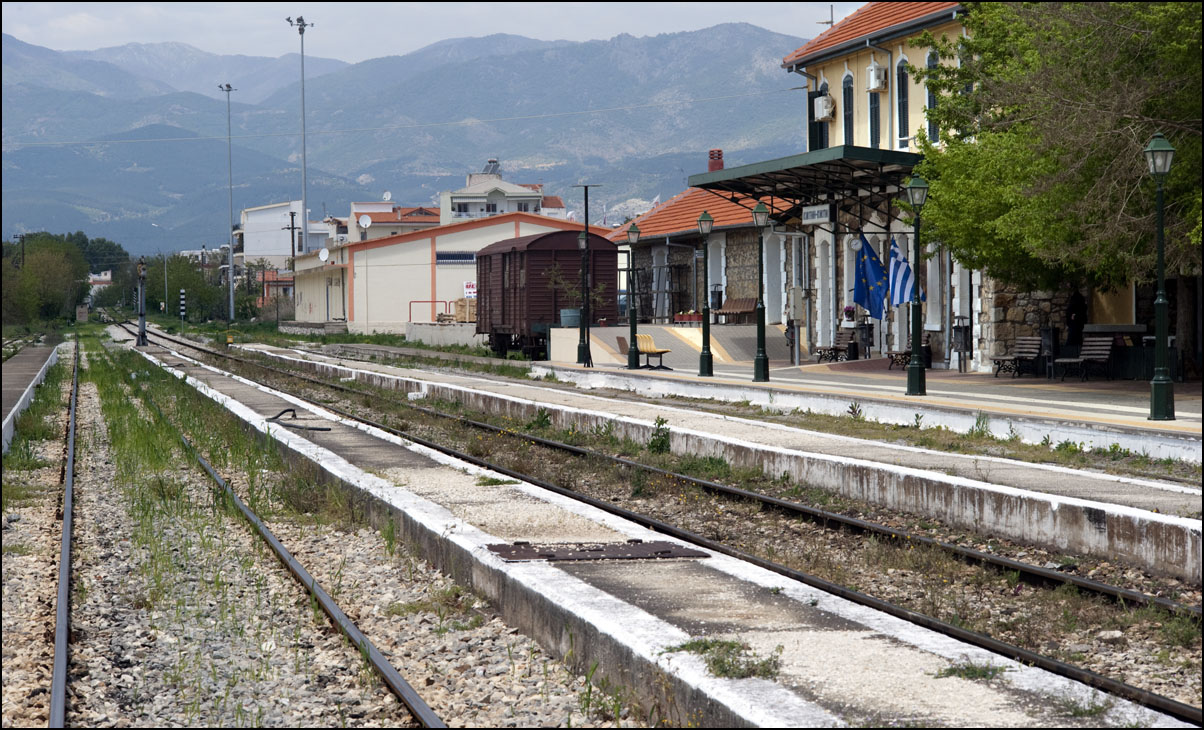
Rail services on Wednesday reopened in Greece, three weeks after a ghastly train accident compelled Greek authorities to suspend all rail services across the country due to concerns regarding safety.
All train services nationwide were immediately suspended after a passenger train with more than 350 people on board rammed into a cargo train on February 28 near the city of Larissa, causing the death of 57 people.
The train crash is Greece’s deadliest ever rail accident on record and has sparked mass public protests over safety deficits at Greece’s strained and under-managed rail service.
A judicial inquiry was recently set up by the government to investigate the incident, especially as it was allegedly caused by delays in installing safety modern systems across the country’s rail service.
While the government is however blaming the crash solely on human oversight, Greek railway unions maintain that the government repeatedly ignored requests to improve the rail service’s safety systems.
Four railway workers have been detained in connection with the incident, and will likely be charged with disrupting public transport and hence causing the fatal crash.
The workers are alleged to be inadequately trained for the job.
Speaking at a train station in central Athens as services were reopened, OSE rail agency Chief Executive Officer Panagiotis Terezakis said, “We will do whatever is humanly possible to win back the trust of our passengers.”
“Considering that the train is the most environment-friendly mode of transport, it is worth putting all our efforts into its swift and safe resumption,” Terezakis said.
Within the next five weeks, train services in Greece will gradually restart. An improved workforce will be manned at stations to safeguard travelers. Also, trains will travel at slower speeds.
According to railway experts, completing a remote traffic control and signalling system across a 2,500-kilometer (1,550-mile) rail network along the Athens-Thessaloniki route after a year of delays could have prevented the crash.





